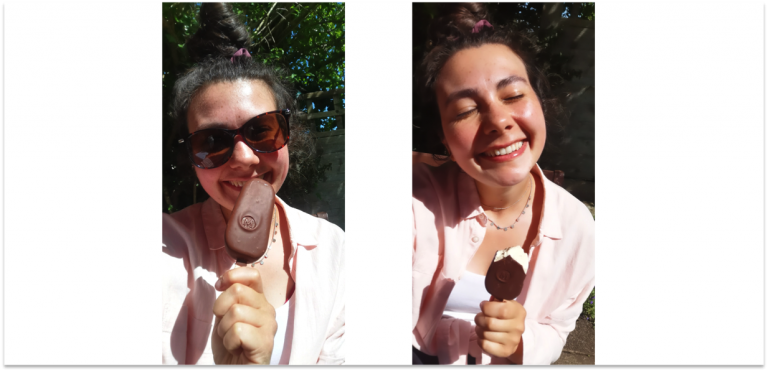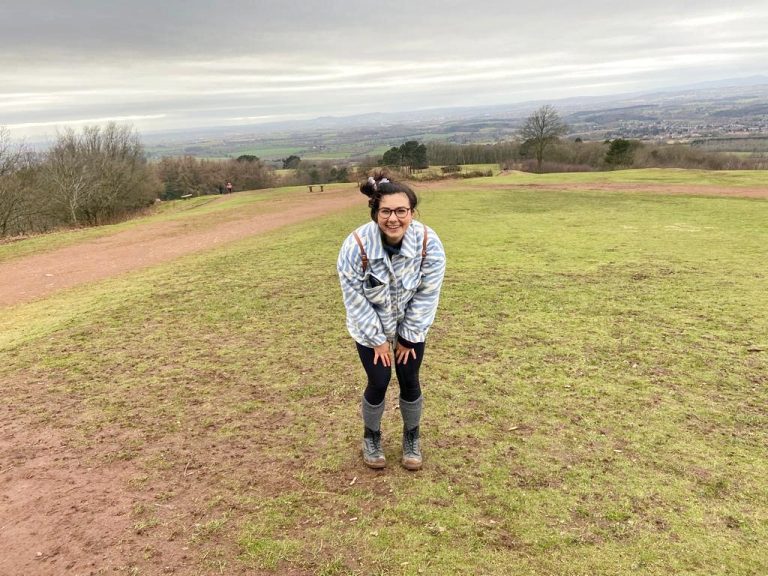Addictive, and dam delicious.
I get asked about sugar a lot by clients so it’s about time I dug in with a blog. If you want to lose weight, lose fat, gain muscle and generally get healthy, nutrition is the biggest change that you need to make.
Sugar seems to have been blamed for just about everything from the obesity epidemic to diabetes to tooth decay along with many other diseases. It’s not all unwarranted but when a harmless banana is being attacked and cut from diets in fear of it’s sugary content, it’s time to step in.
What is sugar?
‘Sugar’ is an umbrella term for natural sugars, sugar substitutes and added sugars. Sugar is a pretty calorie dense with very little actually in it, making it super easy to overindulge in. Besides the obvious sugary foods like chocolate bars and a literal teaspoon of sugar, manufacturers are adding sugar to other foods without many of us realising.
Without going into too much detail, sugar is a carbohydrate your body processes in one of two ways. The first is to use it as fuel for daily activities and exercise but the body will also store some of those sugars in our fat cells, even more so if we overeat it on the regular (boo).
How much sugar should you be eating?
If you’ve ever tried to give up sugar you may have realised just how hard it is to avoid it and may even have ended up falling off track. Good news here is that you don’t need to give up all sugar! As with most things, moderation is key.
When we look at official recommendations for sugar, we are usually talking about ‘free’ sugars or added sugars, these refer to simple sugars added in to food as well as some naturally occurring sugars like juices, honey and syrups. Many of us currently eat more than double the recommended free sugar intake (5% of daily calories) so cutting down is the best first step. Focus on reducing foods with added sugars and using less sugar substitutes.
What about naturally occurring sugars?
Fructose is the natural sugar found in whole fruit and some veg. It’s not broken down quite as quickly as it is encased with good fibre. So yes, EAT THE BANANA.
Lactose, found in dairy products is another naturally occurring sugar that isn’t counted UNLESS it has been flavoured in some way… think chocolate milk or a strawberry yogurt.
Naturally occuring sugars like these are crucial to your bodies cells and organs. The key is simply to get the majority of your sugars from healthy sources like fruit, veg,a lactose and unrefined starches.
Tips to watch out for sugar consumption
- Read the label – if it ends in an ‘ose’ it’s probably going to be a sugar. Theh higher up the list it is, the more of it is in there.
- Swap out flavoured
- Swap the canned fruit for fresh
- Sweeten foods with natural sugars like banana or applesauce instead of sugars and syrups.
………
The bottom line is, a bit of sugar is ok! Rather than cutting it out altogether, denying your body ahuge range of nutrients,we should be aiming to cut down on those sneaky added sugars and make more informed choices by looking at the labels.
Avoid having those sugary desserts and fizzy drinks on the daily basis and enjoy them more occasionally – in smaller portions. Keep yourself sane and satisfied by giving yourself permission to have a good slice of birthday cake or a brownie after dinner. Sugar can be part of a healthy diet!



Pingback: How healthy are your Starbucks choices?? - Soph-fit